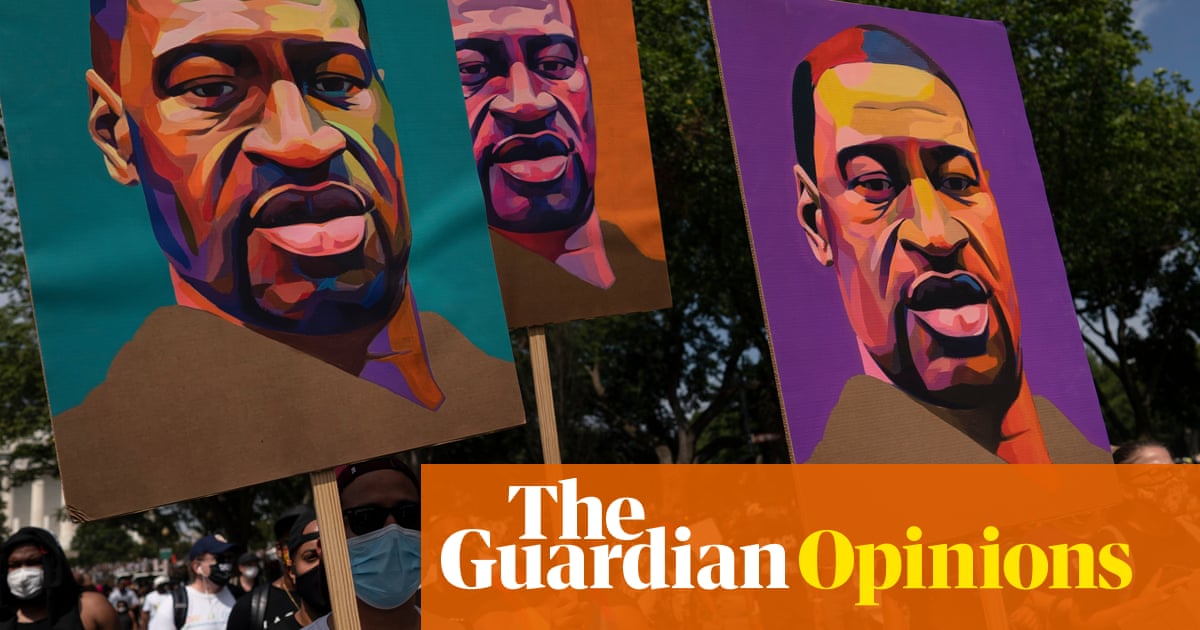
"These uprisings were not just a reaction to George Floyd's murder; they represented the culmination of centuries of violence and neglect experienced by Black communities."
"While diversity statements and DEI initiatives increased after George Floyd's death, they did not signify real change but rather demonstrated a lack of genuine engagement with the demands for justice."
"The current political landscape, including the Biden administration's message, indicates a troubling sentiment: nothing will fundamentally change for the demands of racial and economic justice."
"The response to the Black Lives Matter movement by various political factions illustrates a fear of real societal change, prompting stronger defensive measures from those in power."
The murder of George Floyd marked a pivotal moment, symbolizing the systemic racism faced by Black people, prompting uprisings not merely against one killing but centuries of violence. Notable cases like Trayvon Martin and Breonna Taylor amplify the urgent call for change. Initial reactions included increased diversity initiatives, yet these were mere surface-level responses to deeper demands for transformation in society. The Biden administration's assurance that nothing will fundamentally change reflects a disregard for the true needs of marginalized communities, leading to a growing divide as those in power prepare defensively against movements demanding justice.
Read at www.theguardian.com
Unable to calculate read time
Collection
[
|
...
]